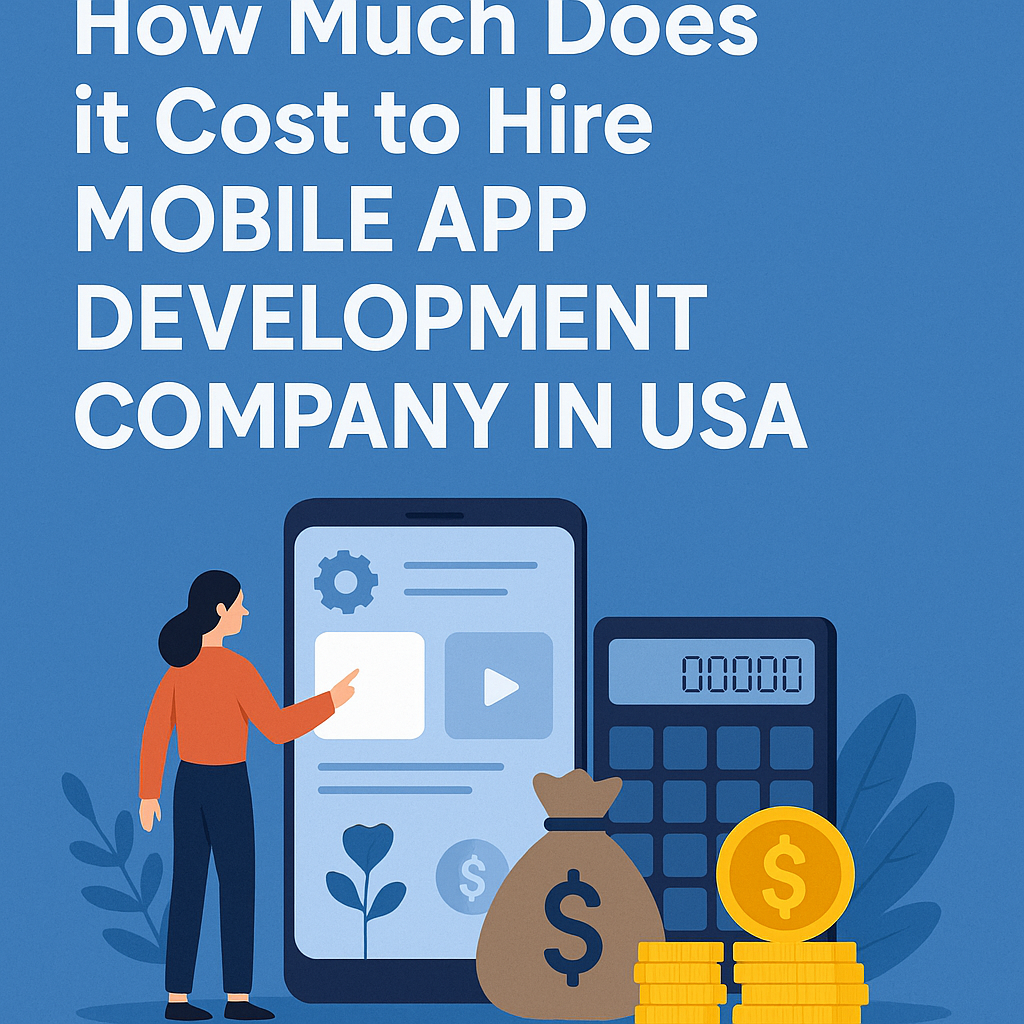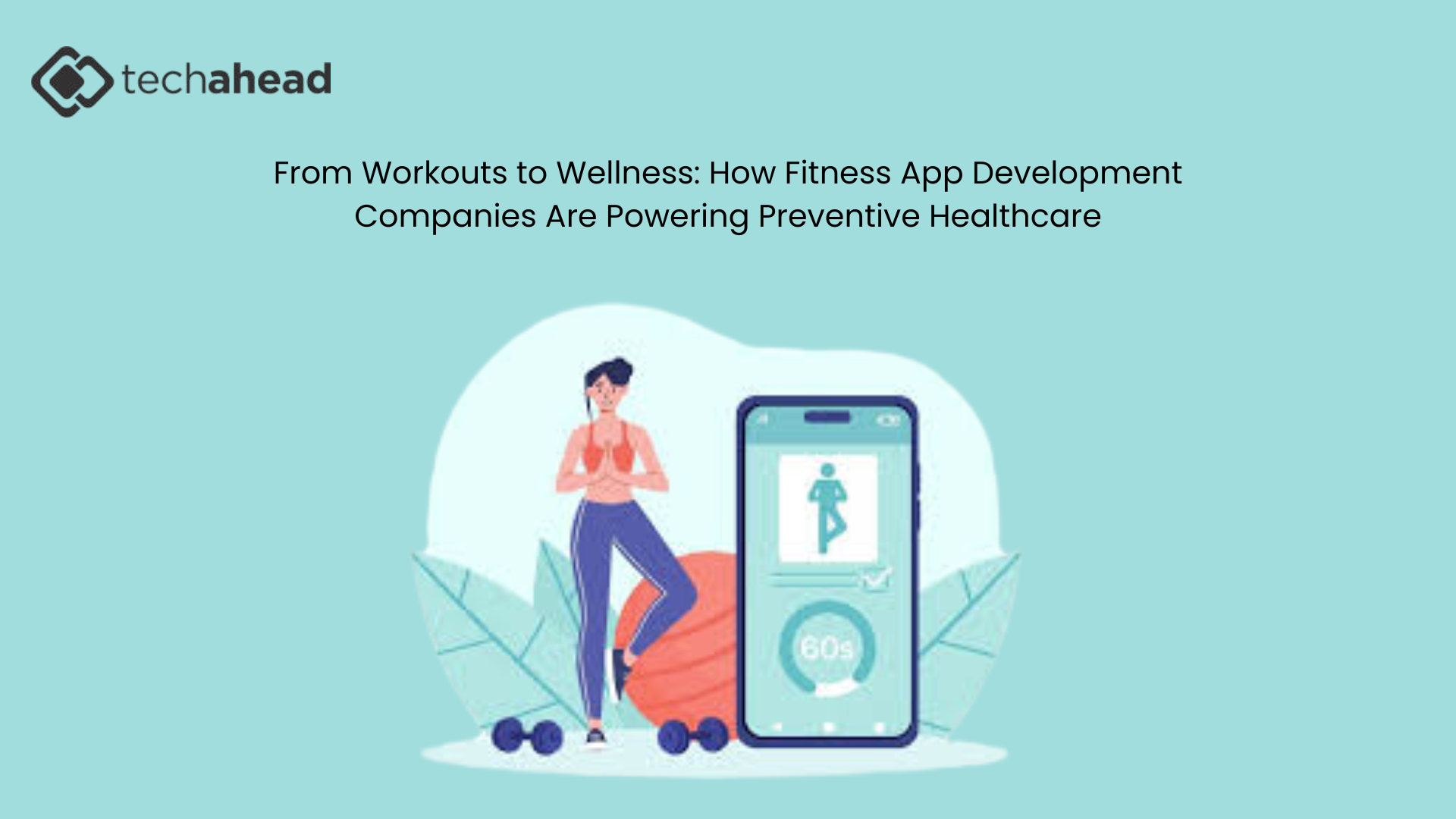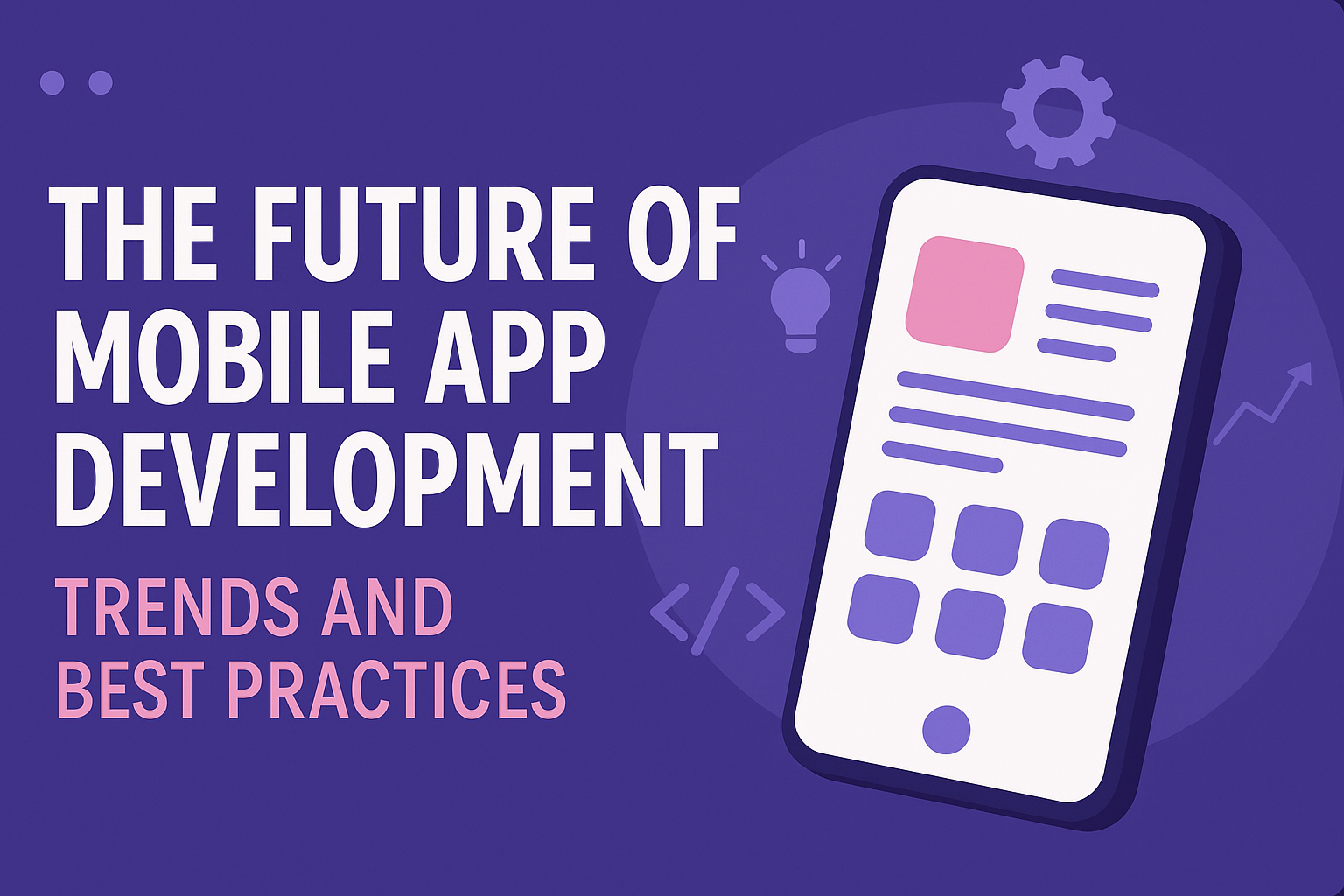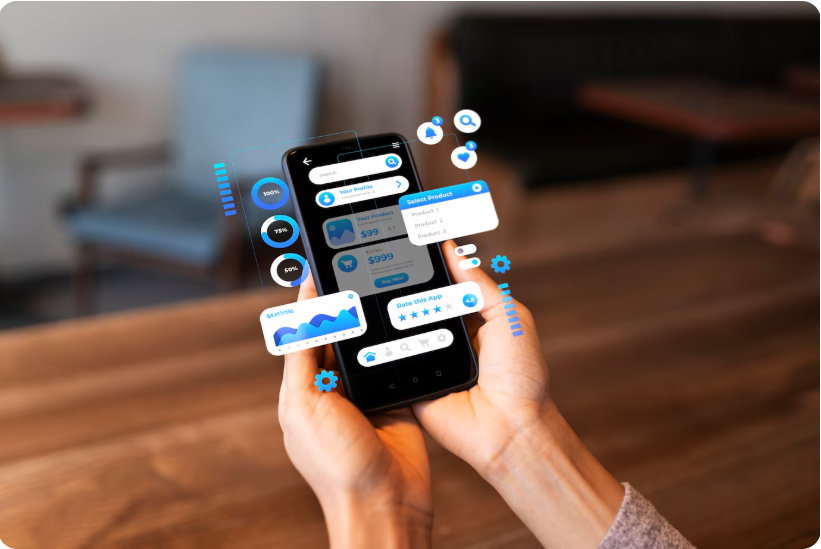How a Telehealth App Development Company is Revolutionizing Virtual Healthcare
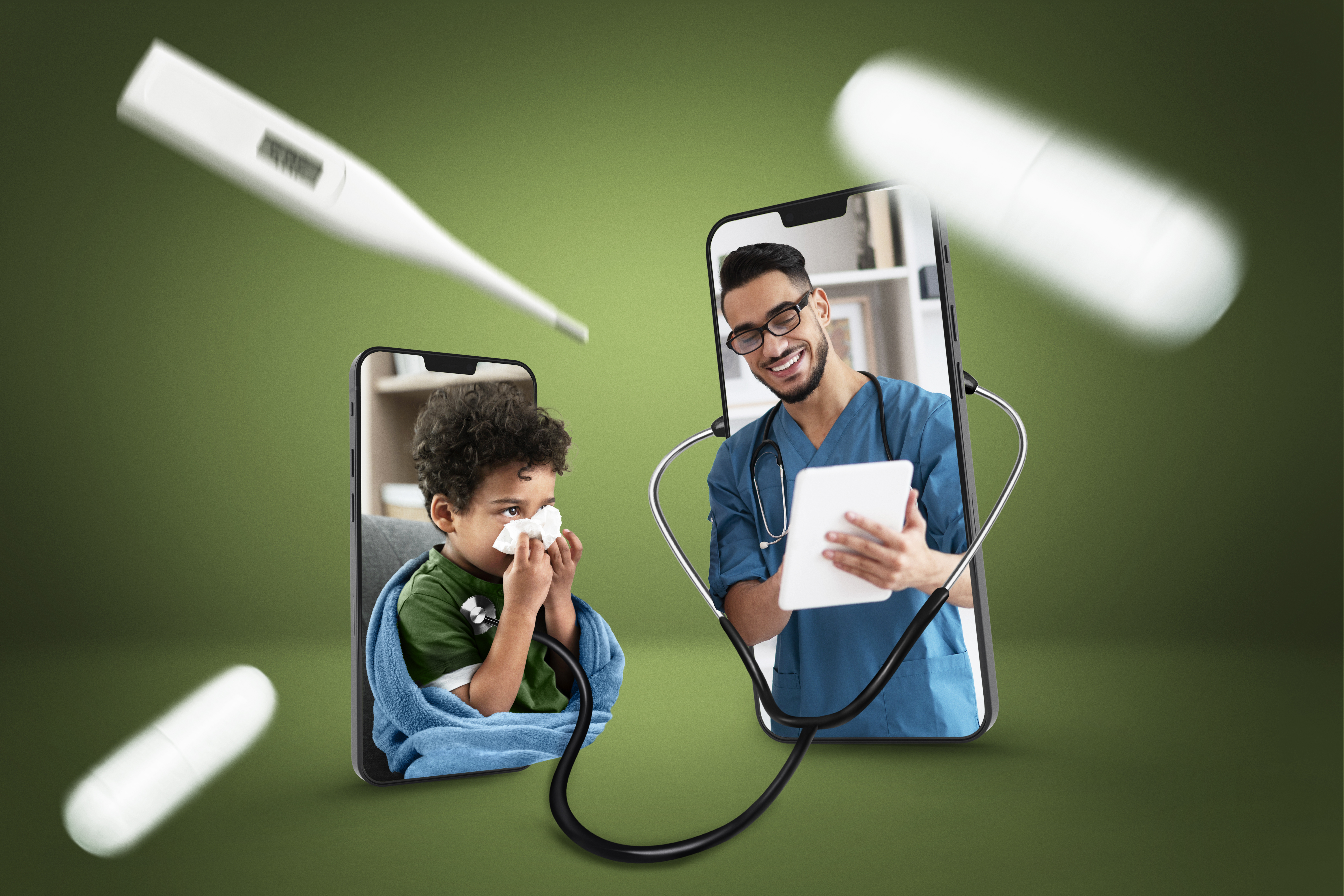
Strong 8k brings an ultra-HD IPTV experience to your living room and your pocket.
Introduction
✍️ Curious about the differences between native, hybrid, and progressive web apps? Our comprehensive app development guide breaks down each type with pros, cons, and use cases.
The global healthcare landscape is undergoing a transformative shift, driven by digital innovation and accelerated by global health crises. At the forefront of this revolution is the rise of telehealth — a technology-enabled approach to delivering medical care remotely. Powering this transformation is the expertise of a specialized telehealth app development company. These companies are not just software developers; they are architects of modern healthcare delivery, reshaping how patients and providers connect, communicate, and manage health outcomes.
This article explores the key role a telehealth app development company plays in revolutionizing virtual healthcare, highlighting technological innovations, critical features, regulatory compliance, and the long-term implications for the healthcare ecosystem.
The Evolution of Telehealth
While telehealth has been around for decades in some form — from basic phone consultations to early video conferencing — its growth exploded during the COVID-19 pandemic. Faced with overwhelmed hospitals and restricted movement, patients and healthcare providers embraced remote healthcare. According to McKinsey, telehealth utilization in the U.S. was 78 times higher in April 2020 compared to pre-pandemic levels. This rapid growth spurred unprecedented investment in digital health infrastructure.
Telehealth apps quickly became the primary interface for medical consultations, chronic care management, mental health therapy, and follow-ups. But building and maintaining these platforms requires a nuanced combination of software development expertise and healthcare domain knowledge — precisely the role of a telehealth app development company.
What Is a Telehealth App Development Company?
A telehealth app development company specializes in designing, developing, and deploying software applications that facilitate remote medical services. Their offerings typically include:
Custom telemedicine platforms for clinics and hospitals
HIPAA-compliant video conferencing solutions
Electronic Health Record (EHR) integration
AI-powered diagnostic support
Remote Patient Monitoring (RPM)
Mobile and web application development
Data security and regulatory compliance
These companies serve various clients, from solo practitioners to enterprise health systems, helping them digitize and scale their services.
Core Technologies Powering Telehealth Apps
A telehealth app development company leverages cutting-edge technologies to create secure, efficient, and scalable platforms. Let’s look at the core tech stack:
Video and Audio Streaming APIs
High-quality video and audio capabilities are the backbone of telehealth. Companies use APIs like WebRTC, Twilio, or Agora to ensure real-time communication with minimal latency and encryption.
Artificial Intelligence (AI) and Machine Learning (ML)
AI enables features like symptom checkers, chatbots for triage, automated follow-ups, and even image analysis for diagnostics. ML algorithms help personalize care recommendations and predict patient needs.
Cloud Computing
Cloud-based solutions provide scalability, data redundancy, and faster deployment. Providers like AWS, Microsoft Azure, and Google Cloud offer HIPAA-compliant environments to host sensitive health data securely.
Blockchain for Data Integrity
Some companies are experimenting with blockchain to maintain immutable health records, ensure data traceability, and facilitate secure data sharing among stakeholders.
Internet of Medical Things (IoMT)
IoMT devices like glucose monitors, ECGs, or wearables transmit real-time patient data to providers. Integration with telehealth apps allows for continuous monitoring and proactive care.
Data Encryption and Cybersecurity
Given the sensitivity of healthcare data, robust end-to-end encryption, two-factor authentication, and regular security audits are essential components of any telehealth app.
Key Features of a Modern Telehealth App
A telehealth app development company focuses on user-centric design and clinical utility. Some essential features include:
Patient Portal
A dashboard that allows patients to book appointments, view prescriptions, access health records, and communicate with providers.
Provider Interface
An intuitive UI for doctors to view patient history, schedule consultations, write e-prescriptions, and monitor patient vitals.
Secure Video Conferencing
HIPAA-compliant video calls with options to record sessions (with consent) and share diagnostic images or test results.
EHR/EMR Integration
Seamless integration with existing electronic medical records allows continuity of care and streamlined workflows.
Remote Monitoring Tools
Integration with medical devices to monitor vitals like blood pressure, glucose levels, or oxygen saturation in real-time.
AI Chatbots
24/7 assistance for symptom analysis, FAQ responses, appointment booking, and post-consultation reminders.
Multilingual Support
To cater to a diverse population, apps often include multilingual interfaces and support materials.
Payment Gateway Integration
Support for insurance claims, online payments, and invoice generation.
Prescription Management
E-prescription generation, pharmacy integration, and medication reminders.
Analytics Dashboard
Insights into appointment trends, patient outcomes, and system performance for healthcare administrators.
Customization vs. Off-the-Shelf Solutions
Many healthcare providers face the decision of building a custom telehealth solution or using an off-the-shelf product. A telehealth app development company typically offers both, but strongly advocates for customization when:
The client has unique workflows or branding needs.
There’s a requirement for deep EHR integration.
Scalability and interoperability are critical.
Advanced AI/ML features are needed.
Off-the-shelf platforms offer faster time to market but may lack flexibility, whereas custom-built solutions provide full control, scalability, and differentiation in a crowded market.
Compliance and Regulatory Challenges
Healthcare is one of the most heavily regulated industries, and telehealth apps must comply with local, national, and international regulations. A telehealth app development company ensures:
HIPAA (Health Insurance Portability and Accountability Act) compliance in the U.S.
GDPR (General Data Protection Regulation) compliance in the EU.
HITECH Act standards for digital records and data privacy.
Local health ministry certifications in other regions (e.g., NHS Digital in the UK).
Failure to comply can result in hefty fines, data breaches, and loss of patient trust. Hence, telehealth development firms typically employ compliance officers and legal consultants to guide their design and deployment strategies.
The Role of AI and Predictive Analytics
One of the most exciting developments is the integration of AI into virtual care. Telehealth app development companies are building solutions that:
Predict disease progression using patient history and behavioral patterns.
Alert clinicians to early signs of deterioration in chronic care patients.
Match patients with the right specialist using AI triage tools.
Detect anomalies in medical imaging via deep learning.
This shift toward proactive, data-driven care is redefining value in healthcare — moving from reactive treatment to predictive and preventive care.
Improving Access to Care
Telehealth apps are making healthcare more accessible to underserved populations, especially in rural or remote areas. A telehealth app development company ensures that the apps:
Work well in low-bandwidth environments.
Include features for patients with disabilities (e.g., voice commands, screen readers).
Support regional languages and dialects.
This democratization of care is closing the gap between urban and rural healthcare services, improving public health outcomes globally.
Business Benefits for Healthcare Providers
Hospitals, clinics, and private practitioners are turning to telehealth app development companies not just for patient convenience, but for operational efficiency and cost savings. Benefits include:
Reduced no-shows through automated reminders and virtual convenience.
Higher patient engagement through personalized health management.
Lower overhead costs due to fewer in-person visits.
Expanded patient base beyond geographical limits.
Streamlined administrative processes through automation.
Case Studies: Impact in the Real World
Mental Health Startups
Companies like Talkspace and BetterHelp scaled rapidly with help from telehealth app development partners who built secure, high-availability platforms that support thousands of simultaneous sessions.
Hospital Networks
Large health systems like Cleveland Clinic or Mayo Clinic have integrated custom telehealth portals with their existing EHR systems to offer hybrid care models.
Chronic Disease Management
Startups focusing on diabetes, heart disease, or COPD have launched RPM-integrated apps that reduce hospital readmissions and improve quality of life.
Challenges Faced by Development Companies
Despite their vital role, telehealth app development companies face significant challenges:
Constantly evolving compliance laws across regions.
Interoperability with legacy health systems.
Balancing user-friendly design with complex clinical requirements.
Managing cybersecurity threats and data breaches.
Training providers and patients to use new platforms effectively.
Overcoming these hurdles requires multidisciplinary teams including software developers, UX designers, data scientists, clinicians, and legal advisors.
The Future of Virtual Healthcare
The next decade will bring even greater transformation to digital health. Here’s how telehealth app development companies are preparing:
Integration of wearable data and genomics for personalized care.
Use of AR/VR for immersive medical consultations and training.
Decentralized clinical trials via telemedicine platforms.
Smart prescription management using AI.
Global interoperability for cross-border healthcare services.
As 5G networks expand and AI becomes more sophisticated, virtual healthcare will feel increasingly “in-person.”
Conclusion
The role of a telehealth app development company in modern healthcare cannot be overstated. These firms are not just digital service providers — they are catalysts of change, shaping how care is delivered, accessed, and experienced. By combining deep technical expertise with an understanding of healthcare’s unique challenges, they are building the digital bridges between patients and providers.
As the healthcare industry embraces a more patient-centered, technology-driven model, the work of these development companies will only become more integral. Whether it’s enabling a mother in a rural village to consult a pediatrician or helping a hospital streamline chronic disease management, their impact is profound and far-reaching.
Virtual care is no longer a futuristic concept — it's the new normal. And behind every successful telehealth experience is a company that made it possible.
Note: IndiBlogHub features both user-submitted and editorial content. We do not verify third-party contributions. Read our Disclaimer and Privacy Policyfor details.



